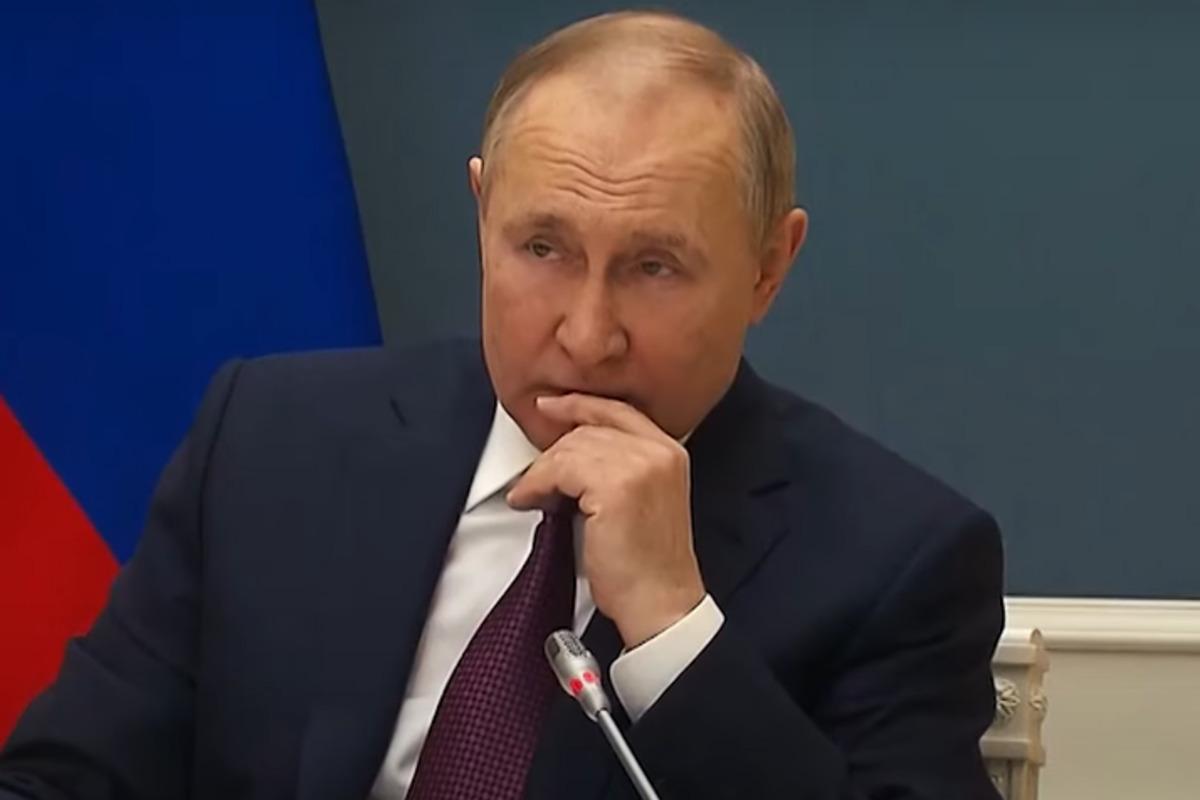Both Western analysts and supporters of the war in Russia are skeptical that the reshuffle in the leadership of the Russian army will lead to changes in the failed Russian aggression.

If Russian dictator Vladimir Putin hopes that a quick reshuffle of generals can turn the tide on the battlefield in Ukraine in Russia’s favor, as well as quell bitter infighting among his commanders, he will be disappointed.
Both Western security analysts and pro-war Russian veterans are skeptical that this game of “musical chairs” will provoke change during the war or help restore momentum to Russia’s military campaign. Politico writes about it.
They consider these staff reshuffles to be mainly political and indicate an internal struggle in the Kremlin. In particular, the Ministry of Defense of the Russian Federation is trying to restore control over the management of the war and curb the growing influence of the founder of the PMK “Wagner” Yevgeny Prigozhin.
Prigozhin is seeking to gain the limelight by claiming to have made a breakthrough with a massive wave of attacks in eastern Ukraine, using battalions made up mostly of prisoners, to achieve a rare victory for Russia. Prigozhin’s tactics, particularly when trying to capture Soledar, are insane because of the huge losses he is willing to take for minor strategic gains.
The pro-war ultra-nationalist camp of Prigozhin and the leader of Chechnya, Ramzan Kadyrov, has long insisted on changing the highest echelons of the Russian military command. However, it seems that Putin does not comply with their demands, instead strengthening the influence of the leadership of the Ministry of Defense, which often becomes the object of the sharpest criticism from the radicals.
Prigozhin and Kadyrov did not criticize Sergei Surovikin, crediting him with allegedly bringing great tactical coherence and focus to Russia’s ground campaign. However, they demanded the release of Gerasimov, who is blamed for the failure to capture Kyiv in the first days of the war, Defense Minister Serhii Shoigu, and General Oleksandr Lapin.
Ultimately, Putin decided to deal with the internal split in power by promoting Gerasimov and Lapin and demoting Surovikin.
Reshuffles in the Russian military command
As reported by , on January 11, Serhiy Surovykin was replaced as the commander of the united group of troops in Ukraine by Valery Gerasimov, chief of the general staff of the Russian Armed Forces. Analysts at the Institute for the Study of War (ISW) suggested that this could be a political decision to weaken the power of the security forces in Russia. And the adviser to the head of the president’s office, Mykhailo Podolyak, said that the change of the commander of the Russian invaders in Ukraine shows that the rematch of classic generalship has taken place in the Russian Federation.
In addition, Colonel-General Oleksandr Lapin was appointed Chief of the Main Staff of the Ground Forces of the Armed Forces of the Russian Federation. Until the end of October, Lapin was the commander of the Center group of Russian troops. He came under criticism for surrendering the city of Liman in Donetsk region. Then the Rashists were surrounded, the operation was called “Limansky boiler”. Although Lapin was praised for the “heroic capture” of Lysychansk, he lost his reputation because of Lyman. Ramzan Kadyrov harshly criticized Lapin for the failure in Lyman. The head of Chechnya urged Lapin to “wash away the blood.”
In turn, Russia’s defense ministry said the reshuffle meant “increasing the level of command of a special military operation” and said the change was needed to improve the army’s effectiveness.





